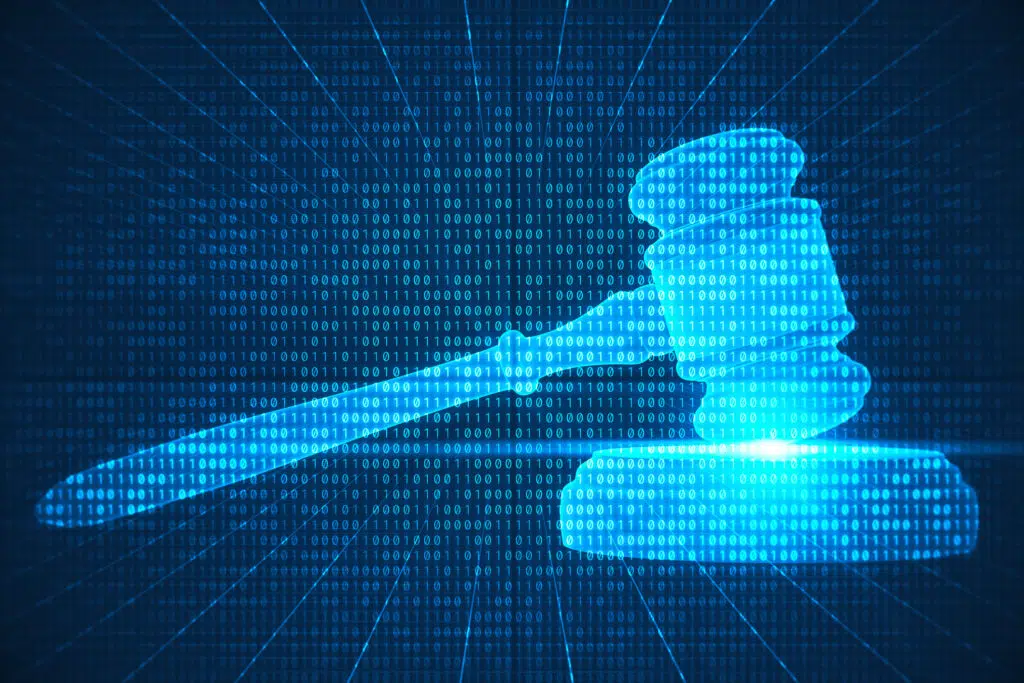Technology Spotlight: KnowBe4
At CyberSheath, we leverage the expertise of top-tier technology providers to tailor solutions that align with your business needs. Among our esteemed partners is KnowBe4, acclaimed as the creator of the largest security awareness training and simulated phishing platform in […]
Technology Spotlight: KnowBe4 Read More »








